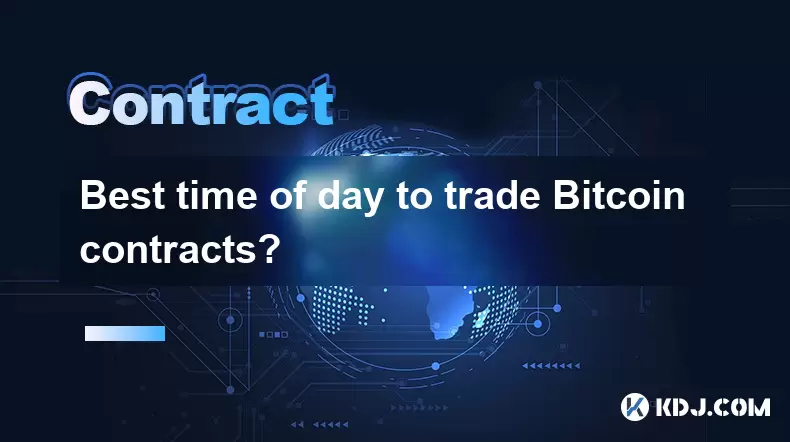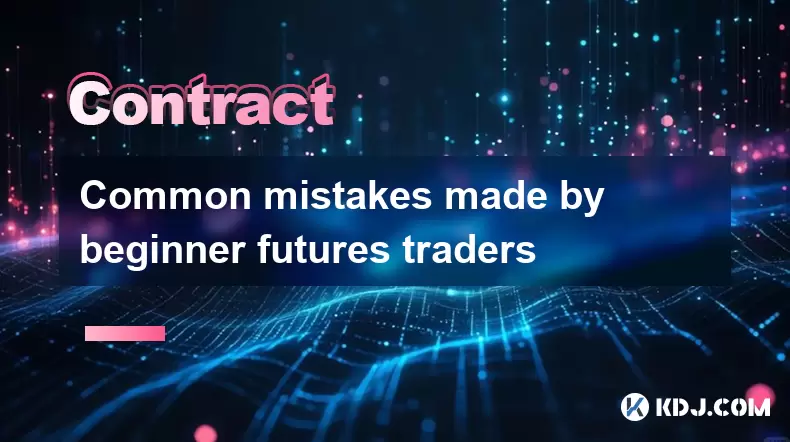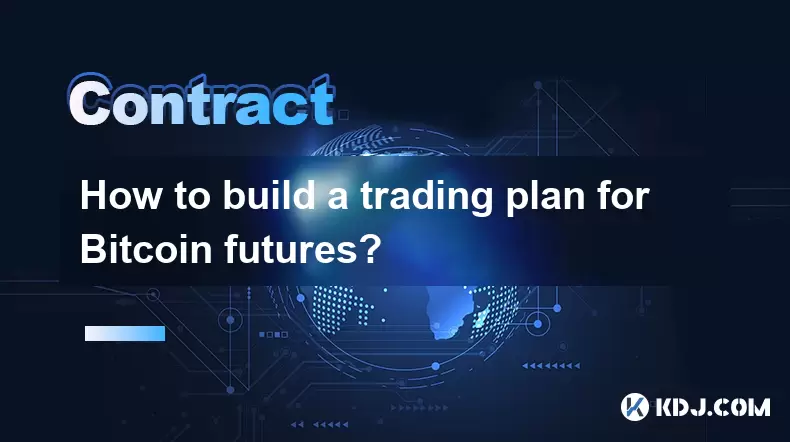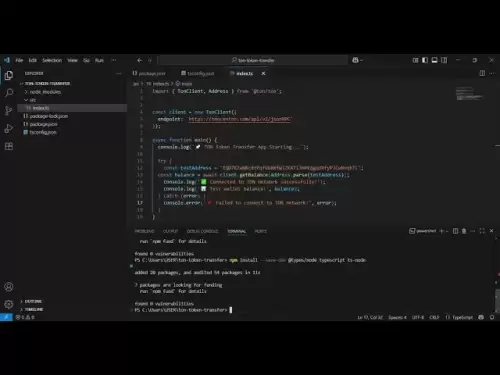-
 Bitcoin
Bitcoin $118,841.1054
1.02% -
 Ethereum
Ethereum $3,364.2689
7.44% -
 XRP
XRP $3.0337
3.93% -
 Tether USDt
Tether USDt $1.0004
0.04% -
 BNB
BNB $708.2059
2.49% -
 Solana
Solana $173.2385
5.74% -
 USDC
USDC $0.9999
-0.01% -
 Dogecoin
Dogecoin $0.2121
6.85% -
 TRON
TRON $0.3090
2.81% -
 Cardano
Cardano $0.7628
2.25% -
 Hyperliquid
Hyperliquid $46.8391
-2.08% -
 Stellar
Stellar $0.4537
0.15% -
 Sui
Sui $3.9529
-2.88% -
 Chainlink
Chainlink $16.6414
3.72% -
 Hedera
Hedera $0.2354
1.52% -
 Bitcoin Cash
Bitcoin Cash $499.1285
0.43% -
 Avalanche
Avalanche $22.6400
0.57% -
 Shiba Inu
Shiba Inu $0.0...01438
4.88% -
 UNUS SED LEO
UNUS SED LEO $8.8507
-0.64% -
 Toncoin
Toncoin $3.1498
2.35% -
 Litecoin
Litecoin $97.4954
1.21% -
 Polkadot
Polkadot $4.1541
1.50% -
 Monero
Monero $331.4406
-1.03% -
 Pepe
Pepe $0.0...01350
5.24% -
 Uniswap
Uniswap $8.9103
-5.01% -
 Bitget Token
Bitget Token $4.7540
4.51% -
 Dai
Dai $0.9999
-0.02% -
 Ethena USDe
Ethena USDe $1.0008
0.00% -
 Aave
Aave $322.3328
-1.63% -
 Bittensor
Bittensor $431.8026
-0.50%
Best time of day to trade Bitcoin contracts?
Bitcoin contracts offer high rewards but require careful timing around global trading sessions, news events, and personal alertness to manage volatility and risk effectively.
Jul 13, 2025 at 05:29 am

Understanding Bitcoin Contracts and Their Volatility
Bitcoin contracts, particularly futures contracts, are derivative instruments that allow traders to speculate on the future price of Bitcoin without owning the underlying asset. These contracts derive their value from the spot price of Bitcoin and are traded on platforms like Binance, Bybit, and OKX. The volatility of Bitcoin makes these contracts highly attractive but also risky. Understanding when to trade them is crucial for maximizing profit and minimizing risk.
Volatility in Bitcoin contracts often correlates with major market events, economic news, and trading sessions across global exchanges. Traders must pay attention to these factors to identify optimal entry and exit points.
Impact of Global Trading Sessions on Bitcoin Contract Pricing
The cryptocurrency market operates 24/7, but not all hours are equally active or liquid. Three primary trading sessions influence Bitcoin contract pricing: the Asian session, the European session, and the North American session.
- Asian Session (UTC+8): This session typically sees lower volatility due to fewer institutional players participating.
- European Session (UTC+1): As European markets open, volume increases, especially during London’s business hours.
- North American Session (UTC-5): This session often experiences the highest liquidity and volatility as U.S.-based institutions become active.
Traders should align their strategies with these sessions depending on their risk appetite and preferred trading style, whether scalping, day trading, or swing trading.
The Role of News and Economic Events in Timing Trades
Bitcoin contracts are heavily influenced by macroeconomic data, regulatory developments, and geopolitical events. Monitoring key announcements such as Federal Reserve decisions, inflation reports, and crypto-related regulatory updates can significantly impact contract prices.
- Check economic calendars regularly: Tools like Investing.com or CoinMarketCal help track upcoming events.
- Avoid trading immediately before major announcements: High volatility can lead to slippage and unpredictable price movements.
- Use stop-loss orders during high-impact events: This helps manage risk during unexpected market reactions.
Timing trades around these events requires discipline and a well-planned strategy to avoid emotional decision-making.
Technical Analysis and Time-Based Patterns
Many traders rely on technical analysis to determine the best time to enter or exit Bitcoin contract positions. Chart patterns, candlestick formations, and volume indicators often reveal recurring time-based trends.
- Look for intraday patterns: Certain times of the day may consistently show bullish or bearish tendencies based on historical data.
- Utilize timeframes effectively: Short-term traders might focus on 1-hour or 15-minute charts, while longer-term traders use 4-hour or daily charts.
- Combine multiple indicators: Using tools like RSI, MACD, and Bollinger Bands together can increase the accuracy of timing entries and exits.
Backtesting strategies on historical data can also help validate the effectiveness of time-based trading setups.
Time Zones and Personal Trading Psychology
While external factors play a significant role, personal psychology and lifestyle cannot be ignored. Trading during one's local active hours ensures better focus and quicker decision-making.
- Align your schedule with peak alertness: If you're most focused in the morning, plan your trades accordingly.
- Consider sleep cycles: Fatigue can impair judgment, especially during volatile periods.
- Maintain consistent trading hours: This helps develop routine and reduces impulsive behavior.
Choosing a time that suits your personal rhythm can enhance performance more than blindly following generic advice.
Frequently Asked Questions
Q: Does the weekend affect Bitcoin contract trading?
A: While the market remains open, weekends generally see reduced liquidity and volatility. Institutional activity declines, making it harder to execute large trades without slippage.
Q: Should I trade Bitcoin contracts during low-volume periods?
A: Low-volume periods can lead to erratic price action and increased spreads. It's advisable to avoid aggressive trading unless using a strategy specifically designed for thin markets.
Q: How do time zones affect Bitcoin contract leverage usage?
A: Leverage should be adjusted based on volatility expectations. During less active hours, reducing leverage can protect against sudden gaps or spikes caused by minor order flow changes.
Q: Can I automate Bitcoin contract trading based on time?
A: Yes, many platforms support automated trading via APIs or bots. However, ensure backtested strategies account for time zone differences and session-specific behaviors.
Disclaimer:info@kdj.com
The information provided is not trading advice. kdj.com does not assume any responsibility for any investments made based on the information provided in this article. Cryptocurrencies are highly volatile and it is highly recommended that you invest with caution after thorough research!
If you believe that the content used on this website infringes your copyright, please contact us immediately (info@kdj.com) and we will delete it promptly.
- Coinbase's 'Everything App' Vision: Base App Unites Crypto, Social, and Payments
- 2025-07-17 08:30:13
- Aster: Revolutionizing DeFi with Perpetual Contracts on US Equities
- 2025-07-17 08:30:13
- XRP's Technical Uptrend: Riding the Wave of Institutional Momentum
- 2025-07-17 09:10:13
- Riding the XRP Surge: A Long-Term Strategy for Savvy Investors
- 2025-07-17 09:30:13
- Crypto Price Check: XRP and Solana Show Some Grit Amidst Market Jitters
- 2025-07-17 09:30:13
- TAC Mainnet & Altcoin Launch: DeFi on Telegram, But What About That $350 Price?
- 2025-07-17 08:50:13
Related knowledge

What is a stablecoin-margined contract vs a coin-margined contract?
Jul 15,2025 at 06:36pm
Understanding the Difference Between Stablecoin-Margined Contracts and Coin-Margined ContractsIn the world of cryptocurrency derivatives, margin plays...

How to analyze volume profile for Bitcoin futures?
Jul 17,2025 at 01:21am
Understanding Volume Profile in Bitcoin Futures TradingVolume profile is a crucial analytical tool used by traders to assess the distribution of tradi...

How to backtest a Bitcoin futures trading strategy?
Jul 15,2025 at 11:35am
Understanding Bitcoin Futures TradingBitcoin futures trading involves contracts to buy or sell Bitcoin at a predetermined price and date in the future...

Common mistakes made by beginner futures traders
Jul 17,2025 at 07:49am
Overleveraging Without Understanding the RisksOne of the most frequent mistakes made by beginner futures traders is overleveraging their positions. Fu...

Psychology of trading Bitcoin contracts
Jul 13,2025 at 02:50am
Understanding the Emotional Rollercoaster of Bitcoin Futures TradingBitcoin contract trading, especially in the form of futures, introduces a high lev...

How to build a trading plan for Bitcoin futures?
Jul 17,2025 at 08:42am
Understanding Bitcoin Futures TradingBitcoin futures are derivative contracts that allow traders to speculate on the future price of Bitcoin without o...

What is a stablecoin-margined contract vs a coin-margined contract?
Jul 15,2025 at 06:36pm
Understanding the Difference Between Stablecoin-Margined Contracts and Coin-Margined ContractsIn the world of cryptocurrency derivatives, margin plays...

How to analyze volume profile for Bitcoin futures?
Jul 17,2025 at 01:21am
Understanding Volume Profile in Bitcoin Futures TradingVolume profile is a crucial analytical tool used by traders to assess the distribution of tradi...

How to backtest a Bitcoin futures trading strategy?
Jul 15,2025 at 11:35am
Understanding Bitcoin Futures TradingBitcoin futures trading involves contracts to buy or sell Bitcoin at a predetermined price and date in the future...

Common mistakes made by beginner futures traders
Jul 17,2025 at 07:49am
Overleveraging Without Understanding the RisksOne of the most frequent mistakes made by beginner futures traders is overleveraging their positions. Fu...

Psychology of trading Bitcoin contracts
Jul 13,2025 at 02:50am
Understanding the Emotional Rollercoaster of Bitcoin Futures TradingBitcoin contract trading, especially in the form of futures, introduces a high lev...

How to build a trading plan for Bitcoin futures?
Jul 17,2025 at 08:42am
Understanding Bitcoin Futures TradingBitcoin futures are derivative contracts that allow traders to speculate on the future price of Bitcoin without o...
See all articles

























































































